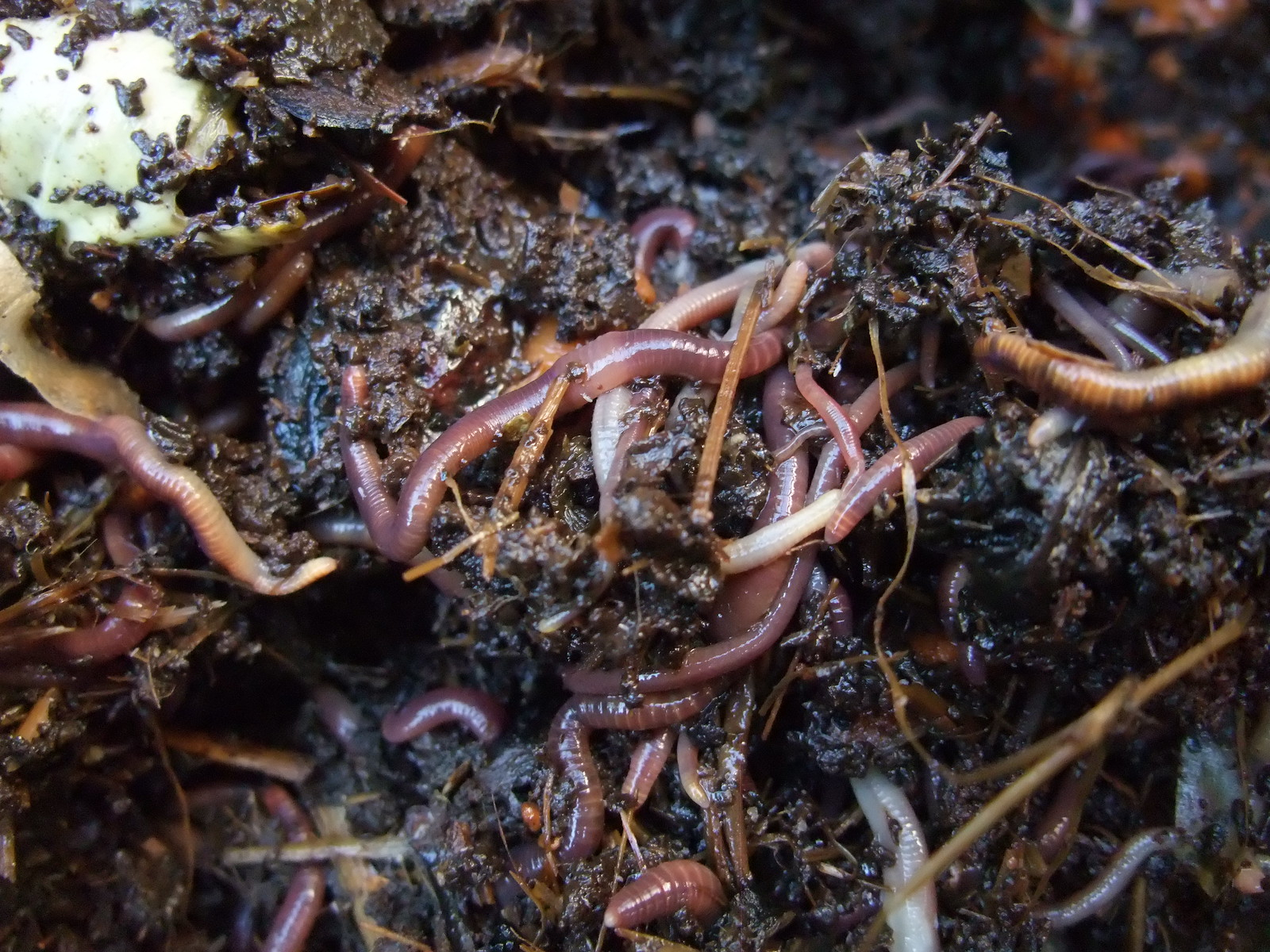This story was originally published by The Guardian and appears here as part of the Climate Desk collaboration.
Earthworms’ contribution to the world’s grain harvest matches that of Russia, according to a study documenting their enormous role in food production.
This amounts to 140 millions of tonnes of food a year, researchers said, which would make earthworms the fourth-largest global producer if they were a country. Russia produced 150 million tonnes in 2022 and expects to produce 120 million tonnes this year.
The soil-dwelling invertebrates contribute to 6.5 per cent of grain harvests, according to the study, published in Nature Communications. Crops include rice, maize, wheat and barley. If an average loaf of bread is made up of 15 slices, this means one per loaf depends on worms’ activity to be produced.
Earthworms contribute to the growing of 2.3 per cent of legumes, which include soya beans, peas, chickpeas and lentils. This is probably smaller because legumes can fix their own nitrogen, which makes them less dependent on worms, researchers said.
As worms burrow and feed underground, they break down organic matter and aerate soils, increasing fertility and making nutrients available for smaller organisms. They also help soils capture and retain water.
Scientists have long been aware that the presence of earthworms makes crops grow better — naturalist Charles Darwin was writing about it in 1881 — but before this research, it wasn’t known by how much.
“This is the first effort that I’m aware of that’s trying to take one piece of soil biodiversity and say: ‘OK, this is the value of it; this is what it’s giving us on a global scale,’” said lead researcher Steven Fonte from Colorado State University. “Soils are just such an intricate habitat but there have really been very few efforts to understand what that biodiversity means to our global crop yields.”
Researchers looked at the impact of worms on grains and legumes by analyzing and overlaying maps of soil properties and crop yields with a global atlas of earthworm abundance.
Earthworms contributed proportionally more in areas of the Global South: 10 per cent of grain yield in sub-Saharan Africa, and eight per cent in Latin America and the Caribbean, is down to worms, researchers said. This is probably because these farmers tend to use fewer fertilizers and pesticides, relying instead on manure and rotting organic matter, which helps increase earthworm abundance.
Topsoil is where 95 per cent of the planet’s food is grown. Last month, research showed that soil contains more than half of all species. Although the impact of earthworms is notable, other soil organisms may be “equally as important” but further study is needed, the paper said, and only a fraction are believed to have been identified.
Soil biodiversity has been historically undervalued, said Fonte, and this study showed how it enhances agricultural productivity.
“Soils are still this huge, big black box that we don’t fully understand,” he said. “This work helps show that there’s a lot of opportunity that we’re just kind of ignoring.”
Just to add context to keep
Just to add context to keep in mind that earthworms, globally, also create ecological problems.
https://search.brave.com/search?q=problems%20of%20invasive%20earthworms
I'd be interested in knowing
I'd be interested in knowing what plowing does to earthworms....and as well, what about the claims that there are 'invasive' earthworms???
We do have a global problem with plants like the ornemental 'bellflower' very pretty, but utterly invasive, and almost impossible to eradicate, given the neighbour effect.........and the fact that even a small root hair left in the soil produces new leaves next spring. Round up kills it....but creates a new problem.
If there is such a thing as an invasive earthworm.....where did it come from???





Comments